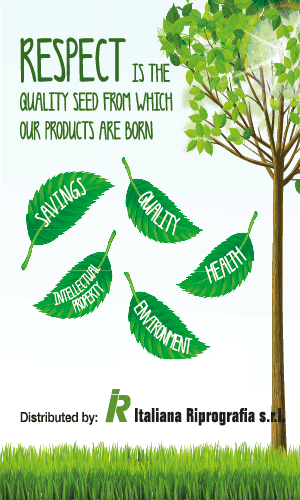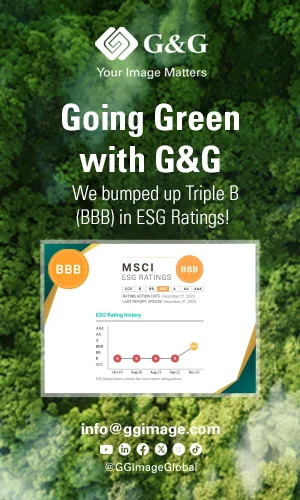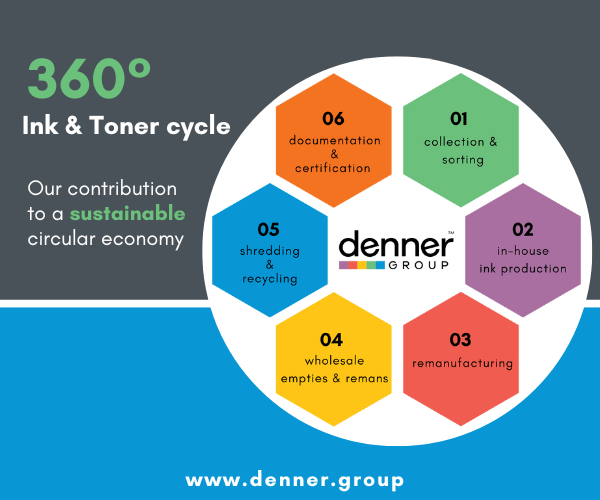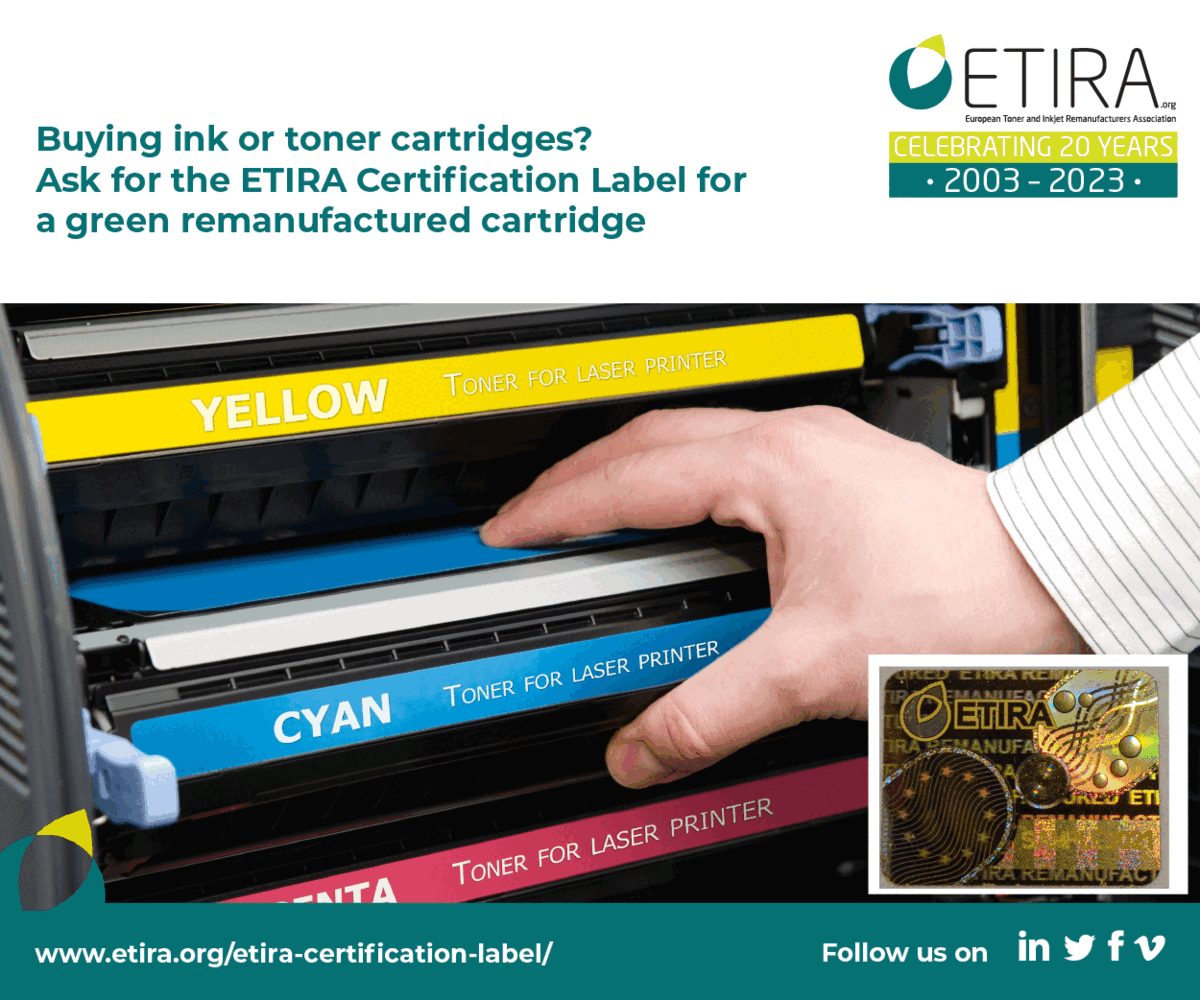Greenwashing persists: Recent legal action highlights eco-friendly deception
August 22, 2023
 Planet Green’s lawsuit against Amazon exposes the dark side of green marketing as a new study looks at the challenges of self-certification versus third party accreditation.
Planet Green’s lawsuit against Amazon exposes the dark side of green marketing as a new study looks at the challenges of self-certification versus third party accreditation.
Pursuing eco-friendly products and practices has never been more critical as our world grapples with pressing environmental concerns. Amidst this fervour, however, a disconcerting trend endures: greenwashing. This practice, which involves misleading consumers into believing products are more environmentally friendly than they are, continues to plague the market.
The recent lawsuit filed by Planet Green against e-commerce giant Amazon serves as a stark reminder of the tactics some companies employ. The lawsuit alleges that Amazon has allowed third-party sellers to market new printer cartridges as “remanufactured,” a practice that undermines the principles of transparency and authenticity in eco-marketing.
A recent groundbreaking study in Nature.com highlights the crucial role of eco-labels in fostering green manufacturing and consumer choices. The report underscores the urgency of adopting eco-friendly production practices to combat the ongoing environmental crisis.
The research investigates the influence of eco-label policies on green supply chains, focusing on manufacturer- and NGO-determined eco-labels.
As environmental awareness rises, governments and NGOs are intensifying efforts to promote green manufacturing. The report cites a survey showing that 97% of European Union citizens prioritize environmental benefits, with 87% willing to pay more for eco-friendly products.
Eco-label policies involve third-party standards for product eco-friendliness, aiding consumer recognition of green products. The study finds that in developed countries, NGOs often serve as third-party certifiers, while governments manage these standards in developing nations like China.
However, consumers often struggle to gauge product eco-friendliness due to its multifaceted nature. The study explores how different eco-labels affect consumer understanding and buying decisions.
One fundamental discovery is that manufacturers’ production choices and pricing significantly influence consumer behaviour. Increased transparency can enhance consumer satisfaction and potentially boost manufacturer profits, while minimal transparency may lead to rejecting NGO-labelled products.
The study addresses three key questions:
- How do consumers behave differently when buying self-labelled vs NGO-labeled green products?
- What are the optimal pricing and eco-friendliness levels for these products?
- How can NGO labels be designed to enhance manufacturers’ profitability?
These findings offer valuable insights into the impact of eco-label policies on manufacturers and consumers, guiding green production decisions and eco-label development.
As eco-labels continue to shape sustainability efforts, this study’s results will be a cornerstone for eco-label standardization and adoption, fostering a greener and more sustainable future.
The case underscores the importance of rigorous eco-labelling and certification, especially in printer consumables. In Europe, the European Toner and Inkjet Remanufacturers Association (ETIRA) has taken significant steps to combat such deceptive practices. Their hologram label assures that toner and inkjet cartridges are genuinely remanufactured from used OEM printer cartridges.
ETIRA’s initiative highlights a path toward genuine sustainability. Their hologram label is a tangible symbol of authenticity, assuring consumers that they make an environmentally conscious choice when purchasing remanufactured printer cartridges.
Our take on this: In an age where consumers increasingly demand transparency and authenticity in eco-marketing, it is crucial for regulators, businesses, and consumers alike to remain vigilant against greenwashing. Legal actions, like Planet Green’s lawsuit against Amazon, demonstrate that deceptive practices can and should be challenged.
As consumers, we have the power to make informed choices. Look for genuine eco-labels and certifications like ETIRA’s hologram label when purchasing. By supporting authentic eco-friendly products and practices, we can collectively drive change and ensure that the pursuit of sustainability remains authentic and untarnished.
For more details about the Nature.com report, click here.
Categories : World Focus
Tags : Amazon Business Eco-Labelling ETIRA Greenwashing Nature.com Planet Green























